Setting up an internal audit system
- 27/05/2021
- Posted by: Gaetan Dermien
- Category: Burkina Faso, Capsicum, Côte d'Ivoire, Guinea, Madagascar, Mali, Senegal
No Comments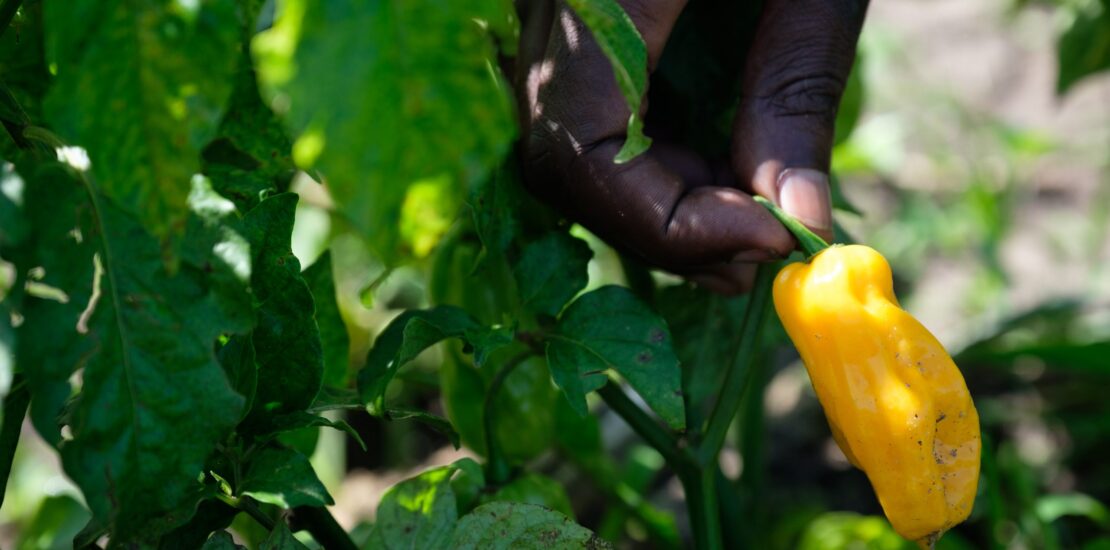 This new training series, “Setting up an internal audit system at the level of National Plant Protection Organisations”, has just been launched in French with participation of the NPPOs of six countries: Burkina Faso, Côte d’Ivoire, Guinea, Madagascar, Mali and Senegal. This online training is taking place over seven weeks in May and June, and a repeat session will be offered in August. The course materials are currently being translated, and a training series for NPPOs in English-speaking countries will… +
This new training series, “Setting up an internal audit system at the level of National Plant Protection Organisations”, has just been launched in French with participation of the NPPOs of six countries: Burkina Faso, Côte d’Ivoire, Guinea, Madagascar, Mali and Senegal. This online training is taking place over seven weeks in May and June, and a repeat session will be offered in August. The course materials are currently being translated, and a training series for NPPOs in English-speaking countries will… +Training for NPPO inspectors: Organisation and implementation of official controls
- 21/04/2021
- Posted by: Gaetan Dermien
- Category: Africa, Caribbean, News, Pacific
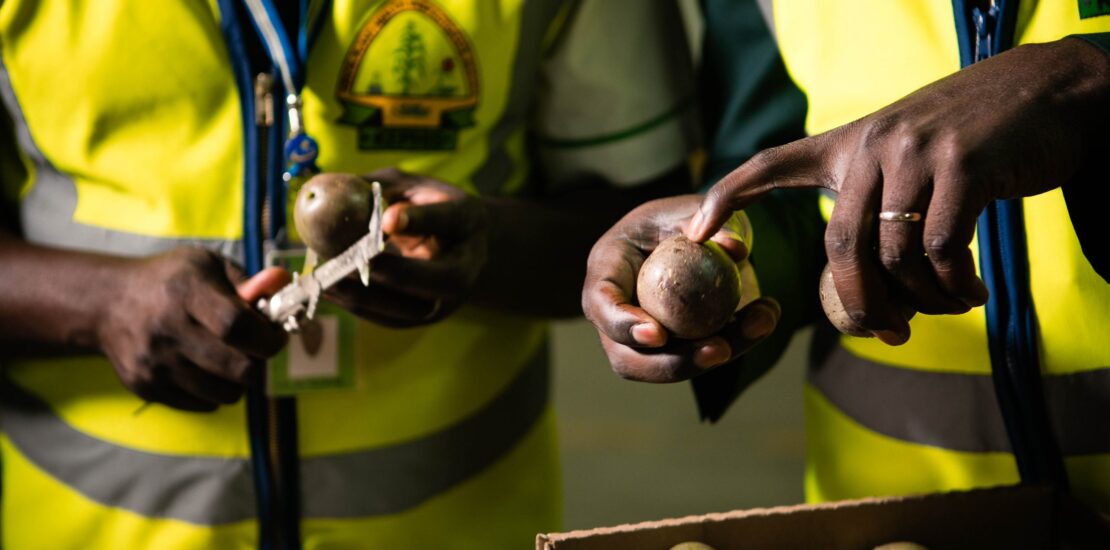 COLEACP’s online training for National Plant Protection Organisations (NPPOs) tackles both the organisation and the implementation (enforcement) of official sanitary and phytosanitary (SPS) controls. Organisation of official controls Participants in this series learn how to design and supervise the implementation of a system of official SPS controls adapted to the requirements of the International Plant Protection Convention (IPPC), and particularly relating to the new requirements of the EU plant health legislation that came into force in December 2019. In April… +
COLEACP’s online training for National Plant Protection Organisations (NPPOs) tackles both the organisation and the implementation (enforcement) of official sanitary and phytosanitary (SPS) controls. Organisation of official controls Participants in this series learn how to design and supervise the implementation of a system of official SPS controls adapted to the requirements of the International Plant Protection Convention (IPPC), and particularly relating to the new requirements of the EU plant health legislation that came into force in December 2019. In April… +Establishing and updating national lists of regulated pests
- 21/04/2021
- Posted by: Gaetan Dermien
- Category: Africa, Caribbean, News, Pacific
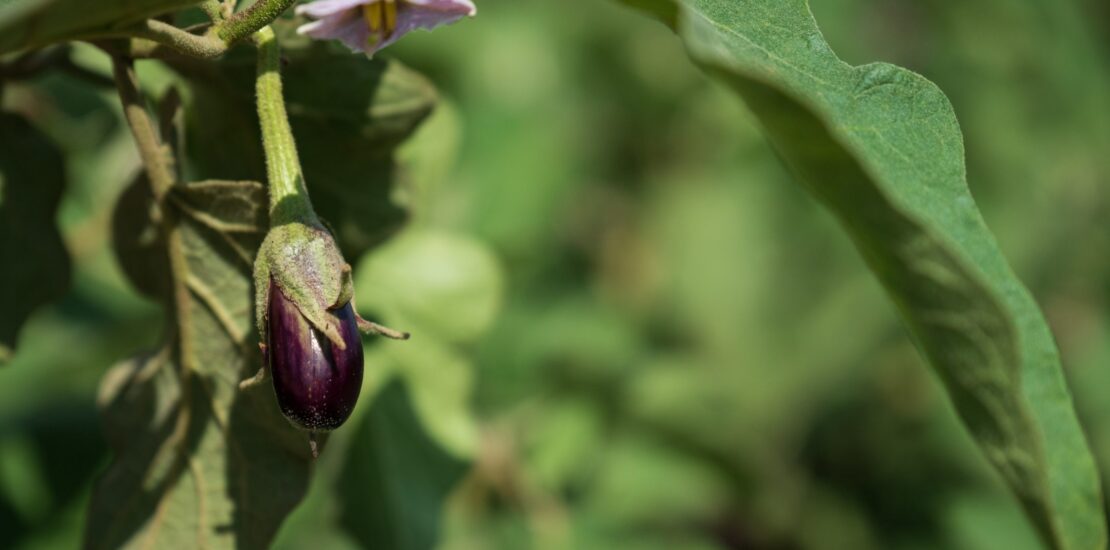 COLEACP has been holding a series of e-meetings on sanitary and phytosanitary (SPS) issues with National Plant Protection Organisations (NPPOs) from ACP countries. The latest meeting, on 15 April, focused on “Establishment and update of regulated pest lists in ACP countries – main implications and challenges”. This interactive session allocated time for the exchange of information and experiences between the speakers, participants and the COLEACP team. A representative from the International Plant Protection Convention (IPPC) gave a short introduction explaining… +
COLEACP has been holding a series of e-meetings on sanitary and phytosanitary (SPS) issues with National Plant Protection Organisations (NPPOs) from ACP countries. The latest meeting, on 15 April, focused on “Establishment and update of regulated pest lists in ACP countries – main implications and challenges”. This interactive session allocated time for the exchange of information and experiences between the speakers, participants and the COLEACP team. A representative from the International Plant Protection Convention (IPPC) gave a short introduction explaining… +Dominican Republic: JAD-COLEACP webinars
- 09/02/2021
- Posted by: Gaetan Dermien
- Category: Avocados, Dominican Republic, Mangoes, Pineapples
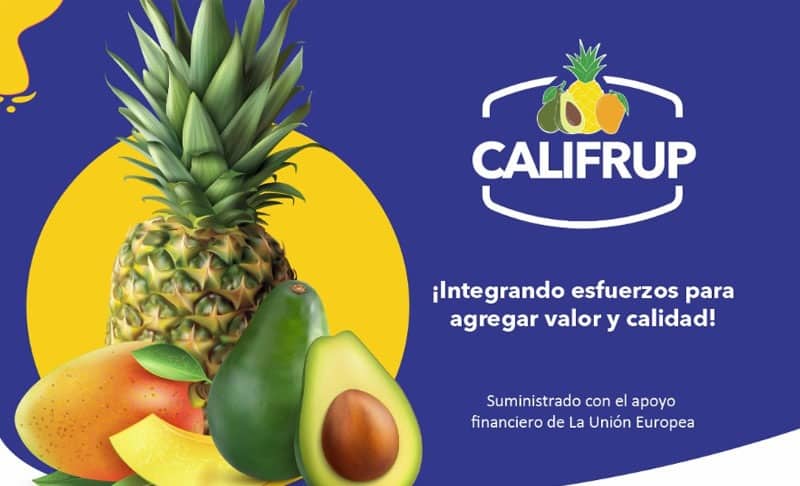 In collaboration with the Dominican Agroenterprise Board (Junta Agroempresarial Dominicana, JAD), COLEACP is organising a series of webinars on market access for processed products in the pineapple, mango and avocado sectors. These are part of the CALIFRUP project “Quality enhancement for the development of MSMEs in the processed fruit value chain”, which aims to support the strategy of value chain development and, specifically, to strengthen the processed fruit value chain. The first webinar, on “The international market for processed products”,… +
In collaboration with the Dominican Agroenterprise Board (Junta Agroempresarial Dominicana, JAD), COLEACP is organising a series of webinars on market access for processed products in the pineapple, mango and avocado sectors. These are part of the CALIFRUP project “Quality enhancement for the development of MSMEs in the processed fruit value chain”, which aims to support the strategy of value chain development and, specifically, to strengthen the processed fruit value chain. The first webinar, on “The international market for processed products”,… +Use of TRACES NT in ACP countries
- 18/01/2021
- Posted by: Gaetan Dermien
- Category: Africa, Caribbean, News, Pacific
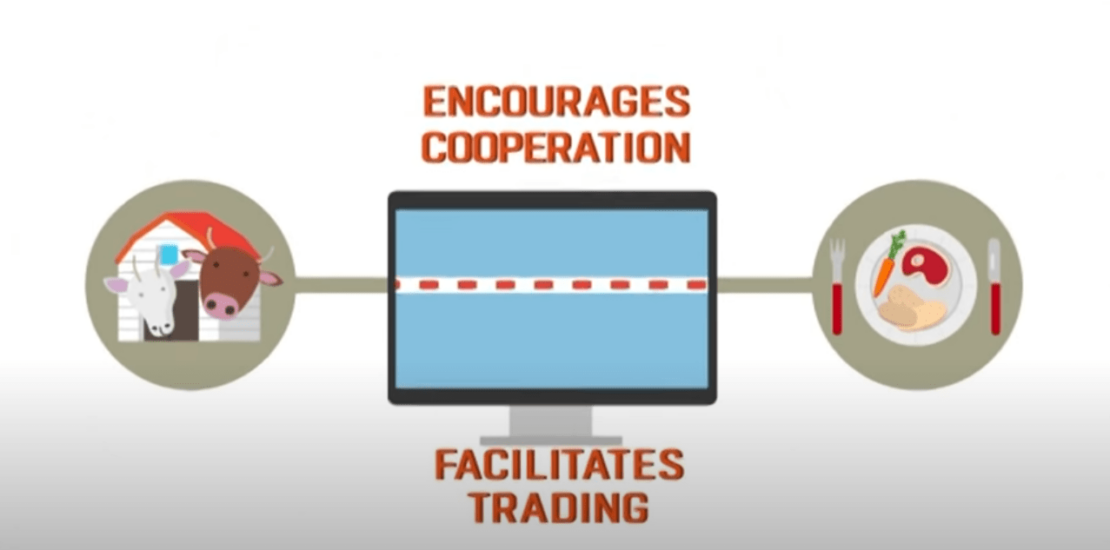 (Source of the illustration) TRACES allows the centralisation in a database of administrative documents related to the import of goods. It also enables EU Member States to track goods, facilitate control, combat fraud, and protect public, animal and plant health. The new version of the tool – TRACES NT – also allows the centralisation of inspection certificates for organic products, phytosanitary certificates and Common Health Entry Documents for Plants and Plant Products (CHED-PP). COLEACP supports NPPOs to strengthen their sanitary… +
(Source of the illustration) TRACES allows the centralisation in a database of administrative documents related to the import of goods. It also enables EU Member States to track goods, facilitate control, combat fraud, and protect public, animal and plant health. The new version of the tool – TRACES NT – also allows the centralisation of inspection certificates for organic products, phytosanitary certificates and Common Health Entry Documents for Plants and Plant Products (CHED-PP). COLEACP supports NPPOs to strengthen their sanitary… +The Dual Vocational Training Business Summit – COLEACP’s contribution on digitalisation
- 01/12/2020
- Posted by: Sandra Borma
- Category: News, Nigeria
 The Delegation of German Industry and Commerce in Nigeria (AHK Nigeria), in collaboration with GIZ and Don Bosco, held its second Dual Vocational Training Business Summit and Skills Conference in early December. The first summit in 2019 hosted around 150 business and political representatives. The objective of the 2020 Skills Summit was to continue and deepen the discussion through a focus on the agriculture and health sectors. In the context of the challenges faced during the coronavirus crisis, it also… +
The Delegation of German Industry and Commerce in Nigeria (AHK Nigeria), in collaboration with GIZ and Don Bosco, held its second Dual Vocational Training Business Summit and Skills Conference in early December. The first summit in 2019 hosted around 150 business and political representatives. The objective of the 2020 Skills Summit was to continue and deepen the discussion through a focus on the agriculture and health sectors. In the context of the challenges faced during the coronavirus crisis, it also… +Integrated management for false codling moth control
- 08/10/2020
- Posted by: Gaetan Dermien
- Category: Africa, Gambia, Ghana, News, Nigeria, Zimbabwe
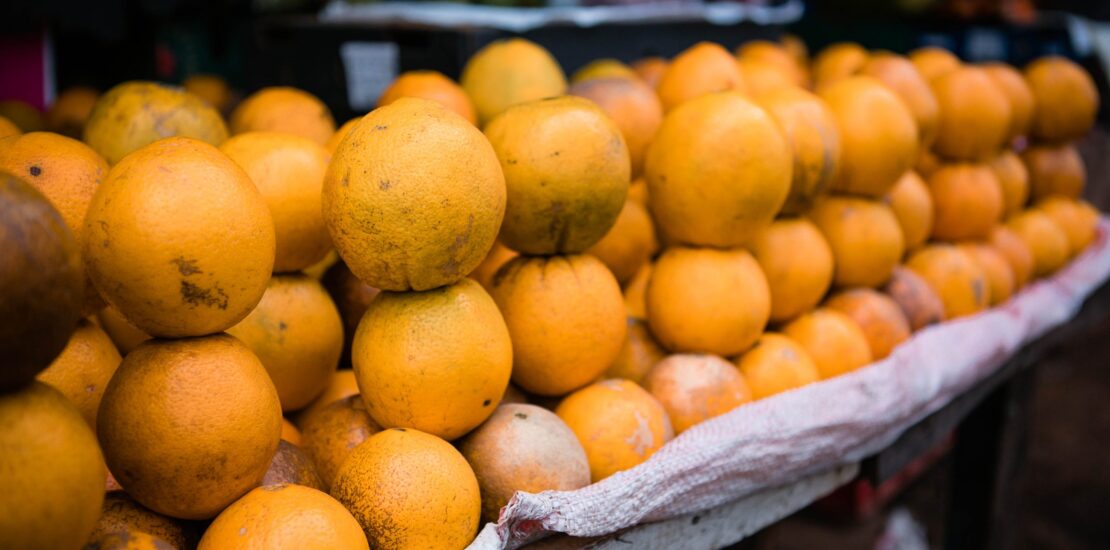 Virtual training on “Integrated management measures for false codling moth (Thaumatotibia leucotreta) control” is being provided for both private sector (managers of packaging stations/production) and public service (phytosanitary inspectors) through COLEACP’s two Fit For Market programmes. 30 participants from The Gambia, Ghana, Nigeria and Zimbabwe are learning more about the new EU Plant Health Regulation regarding FCM; the use of FCM protocols along the value chain, including data-collection forms; the responsibilities of each player along the value chain towards FCM… +
Virtual training on “Integrated management measures for false codling moth (Thaumatotibia leucotreta) control” is being provided for both private sector (managers of packaging stations/production) and public service (phytosanitary inspectors) through COLEACP’s two Fit For Market programmes. 30 participants from The Gambia, Ghana, Nigeria and Zimbabwe are learning more about the new EU Plant Health Regulation regarding FCM; the use of FCM protocols along the value chain, including data-collection forms; the responsibilities of each player along the value chain towards FCM… +Update on plant health rules for fresh mango exported to the EU
- 10/07/2020
- Posted by: Gaetan Dermien
- Category: Mangoes, News
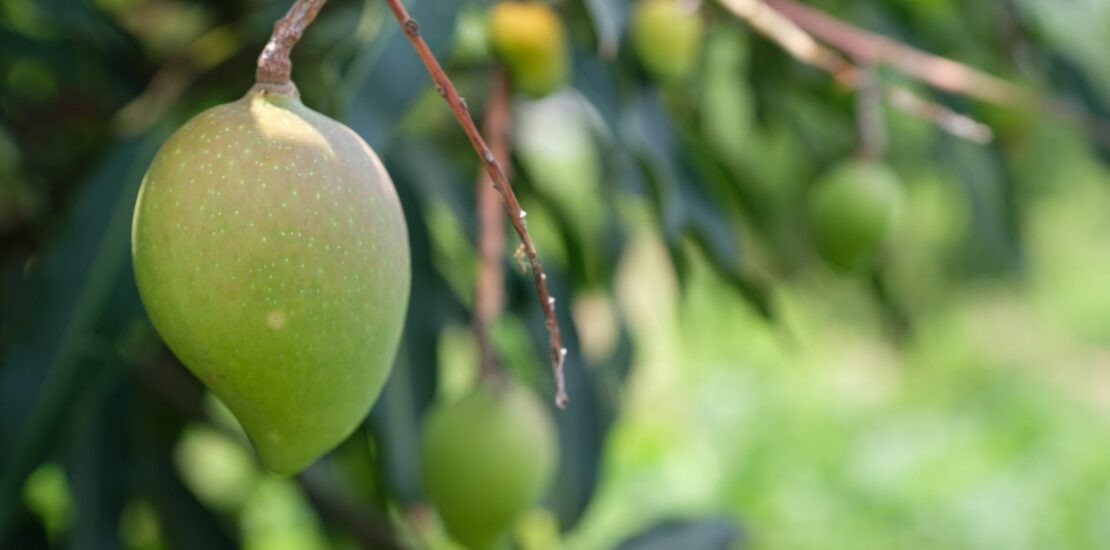 An update of “COLEACP Guidelines on the Export of Mango to the European Union” has just been published. This guide provides a clear explanation of what needs to be done in order to ensure that Mango exports are in compliance with EU phytosanitary requirements related to non-European fruit fly (Tephritidae). It details the information to be provided, and actions to be taken, at all stages from production to export by producers and exporters, as well as by the national authorities… +
An update of “COLEACP Guidelines on the Export of Mango to the European Union” has just been published. This guide provides a clear explanation of what needs to be done in order to ensure that Mango exports are in compliance with EU phytosanitary requirements related to non-European fruit fly (Tephritidae). It details the information to be provided, and actions to be taken, at all stages from production to export by producers and exporters, as well as by the national authorities… +Update on plant health rules for fresh capsicum exported to the EU
- 01/07/2020
- Posted by: Gaetan Dermien
- Category: Africa, Cape Verde, Madagascar, Mauritius, News, Uncategorized
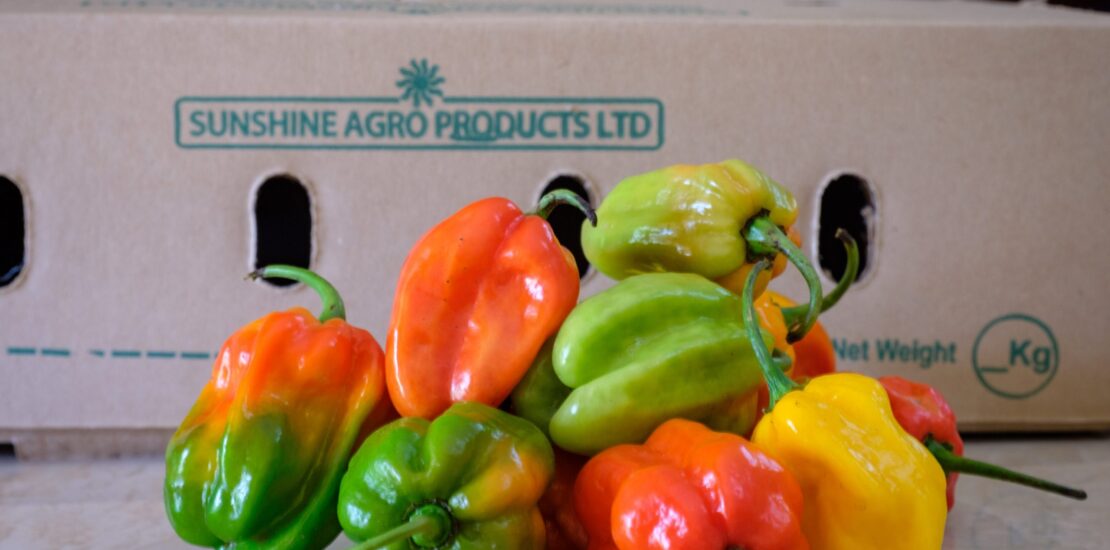 An update of COLEACP Guidelines on the Export of Capsicum from Africa, Madagascar, Cape Verde, and Mauritius has just been published. This guide explains clearly what needs to be done to ensure that capsicum exports are in compliance with EU phytosanitary requirements. It details the information to be provided, and actions to be taken, at all stages from production to export by producers and exporters, as well as by the national authorities and inspection services. The document has been updated… +
An update of COLEACP Guidelines on the Export of Capsicum from Africa, Madagascar, Cape Verde, and Mauritius has just been published. This guide explains clearly what needs to be done to ensure that capsicum exports are in compliance with EU phytosanitary requirements. It details the information to be provided, and actions to be taken, at all stages from production to export by producers and exporters, as well as by the national authorities and inspection services. The document has been updated… +Important update on the expiry of EU PPP approvals in 2019-2022
- 29/06/2020
- Posted by: Gaetan Dermien
- Category: Africa, Caribbean, News, Pacific
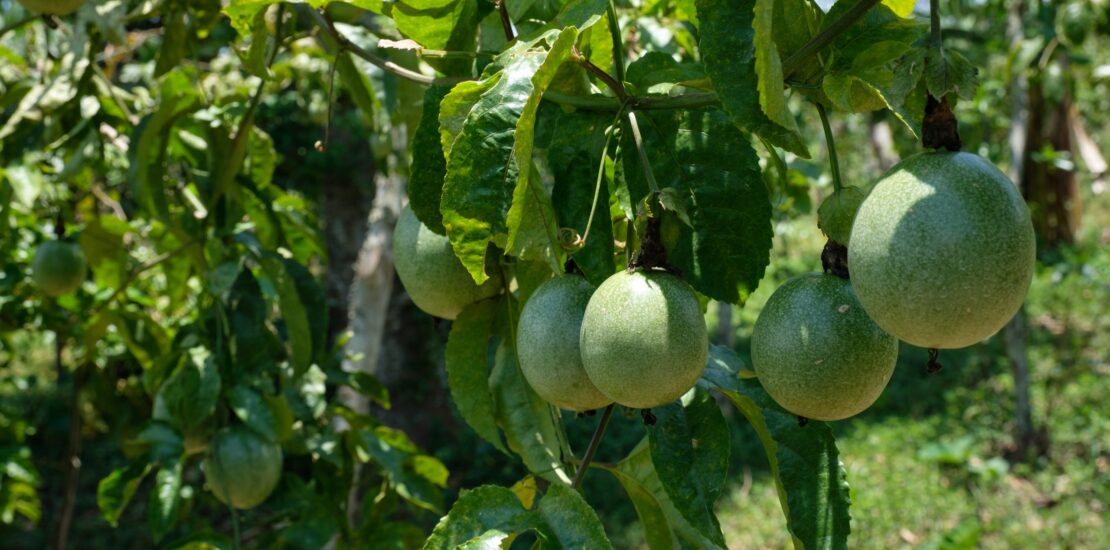 An update on the expiry of EU approval of key Plant Protection Products (PPPs) for ACP countries In the EU, active substances are approved for a maximum period of 10 years under Regulation EC 1107/2009, after which time the approval must be reviewed. The review process is detailed and involves the evaluation of existing (and sometimes new data) against a set of criteria, many of which have changed since the substance was first approved. The schedule for the review of… +
An update on the expiry of EU approval of key Plant Protection Products (PPPs) for ACP countries In the EU, active substances are approved for a maximum period of 10 years under Regulation EC 1107/2009, after which time the approval must be reviewed. The review process is detailed and involves the evaluation of existing (and sometimes new data) against a set of criteria, many of which have changed since the substance was first approved. The schedule for the review of… +
